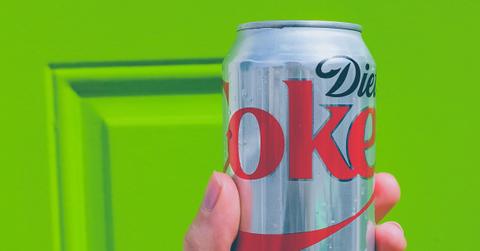Florida State University Warns of Potential New Aspartame Side Effects — Which Foods Have the Sweetener? (Exclusive)
Updated Sept. 21 2023, 10:04 a.m. ET
For most food products, especially soda products, every brand has a "zero sugar" or artificial sweetener option. However, those who thought Diet Coke was a healthier alternative to the full-sugar Coca-Cola might want to rethink their stance.
On July 14, 2023, the World Health Organization (WHO), the International Agency for Research on Cancer (IARC) and the Joint Expert Committee on Food Additives (JECFA), released a joint risk assessment of two independent but related studies about aspartame.
What foods contain aspartame? Are there any diet sodas that do not contain aspartame? Can you safely consume small amounts of aspartame? Keep reading for everything you need to know about the sugar substitute, including exclusive insight from a board-certified cardiologist.
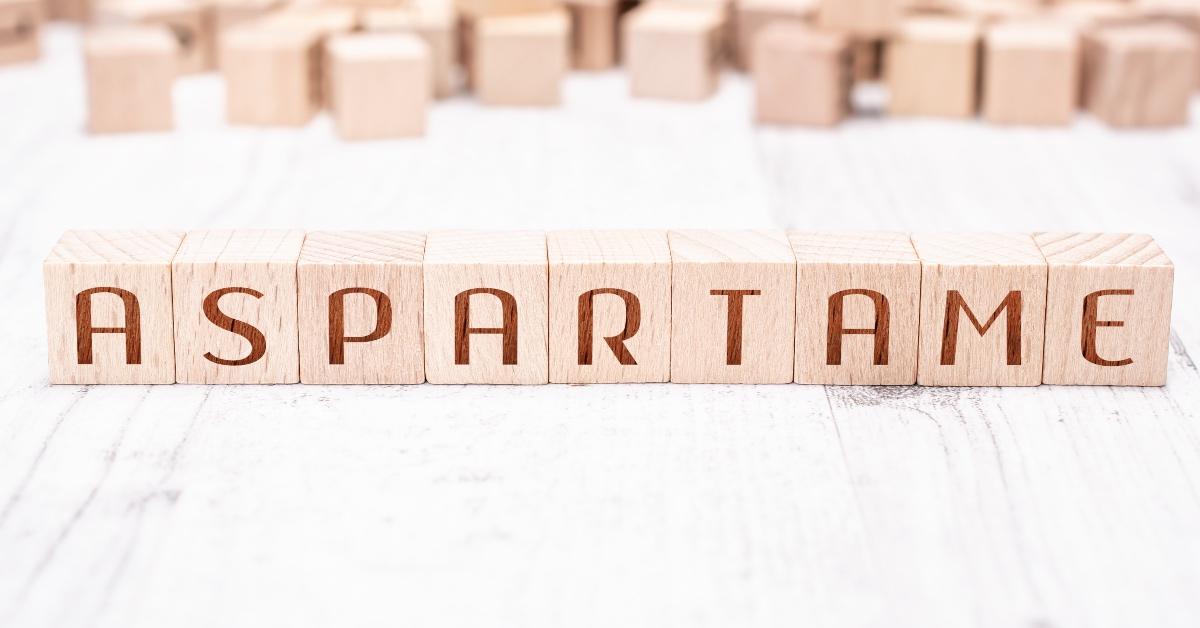
Aspartame has been declared a "possibly carcinogenic to humans."
On July 14, 2023, results of the aspartame assessments became public. The IARC, WHO's cancer research arm, found "limited evidence" for carcinogenicity in humans, and classified the artificial sweetener as "possibly carcinogenic to humans."
However, the JECFA, which is overseen by the Food and Agriculture Organization (FAO), maintains that the "acceptable" daily intake of aspartame is "40 mg/kg body weight."
"Aspartame has been suspected as a potential carcinogen, meaning a substance that — often dose dependent — might induce mutagenesis, the development of certain cancers," Dr. Ernst von Schwarz, author of The Secrets of Immortality, explains to Green Matters via email on June 30, 2023.
Dr. von Schwarz is also a triple board-certified internist and cardiologist, holding positions at at Cedars-Sinai, UCLA's David Geffen School of Medicine, and the Southern California Hospital Heart Institute.
That said, Dr. von Schwarz notes that the new findings are only in relation to animal experiments, and that not much human data on the topic is available.
Overall, the WHO's new guidelines don't "mean that everyone who consumes aspartame as an artificial sweetener will develop cancer, but it’s risk in high and repeated doses might be comparable to the risk of a smoker developing cancer," according to Dr. von Schwarz.
Aspartame was previously approved by the Food and Drug Administration (FDA) for product use and declared "safe for the general population."
According to CBS News, there are nearly 6,000 products currently for sale in the U.S. that contain aspartame. The artificial sweetener first surfaced in 1981 under names such as Nutrasweet, Equal, and Sugar Twin.
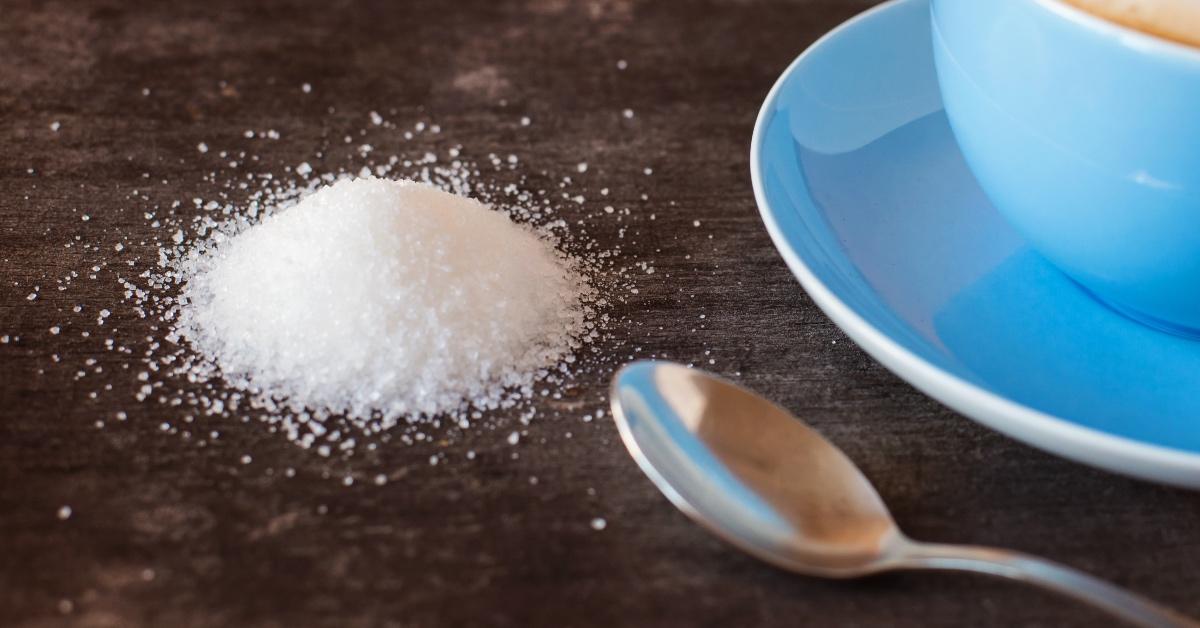
What foods contain aspartame?
The most common foods that contain aspartame include:
- Diet or zero-sugar sodas, including Diet Coke
- Sugar-free gums such as Trident and Extra
- Sugar-free gelatin such as Sugar-free Jell-O
- Diet drink mixes such as Crystal Light
- Reduced-sugar condiments, such as Log Cabin Sugar Free Syrup
- Tabletop sweeteners like Nutrasweet, Equal and Sugar Twin
- Snapple zero-sugar tea and juice drinks.
How much aspartame is safe?
In June 2023, Reuters reported that since 1981, IARC said aspartame is safe to consume daily within reason. For example, an adult weighing 132 pounds would have to drink between 12-32 cans of diet soda to be considered at risk.
In the joint research assessment of aspartame, the JECFA concluded there would be no reason to change the previously established aspartame intake: daily consumption is allowed (within reason.)
The FDA's acceptable daily limit on artificial sweeteners says that adults weighing 150 pounds would have to drink more than 18 cans of sodas with aspartame daily to experience the negative effects.
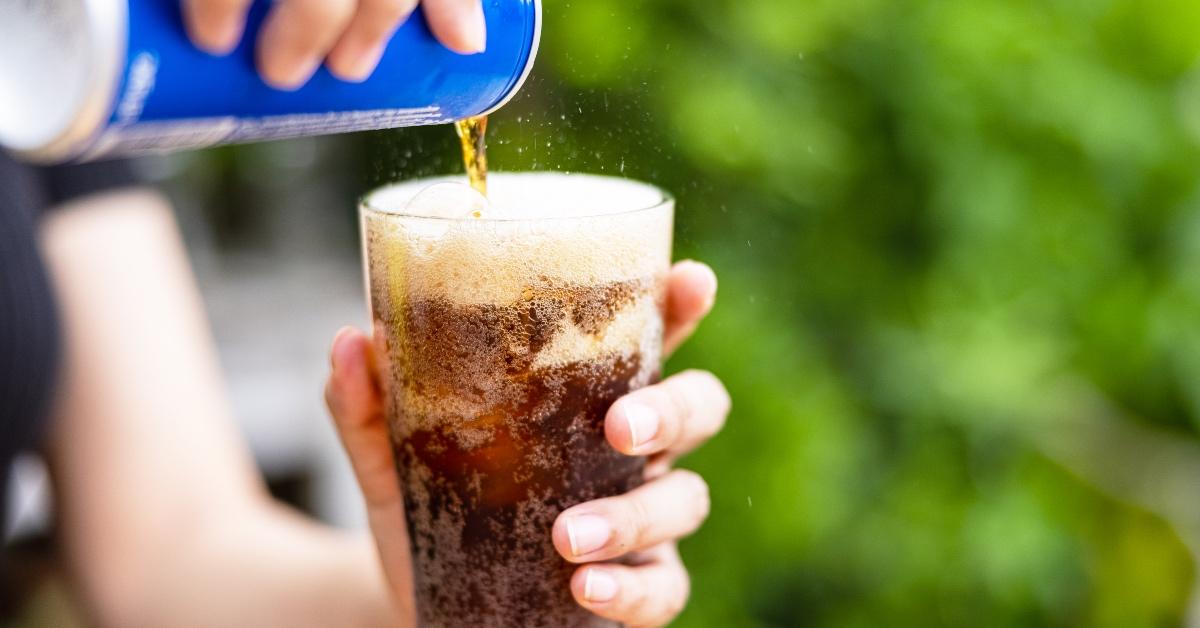
Ongoing research by Florida State University College of Medicine suggests aspartame is linked to learning and memory deficiency.
On Aug. 31, 2023, researchers from Florida State University College of Medicine published a study in Scientific Reports suggesting that the artificial sweetener is directly linked with learning and memory problems in mice.
The study's abstract reveals that exposure to aspartame "produce[s] heritable traits that can linger in the population for one or two generations," despite feeding the mice less than the maximum FDA-approved daily intake.
The study also noted that the learning issues were inherited by both male and female descendants from the paternal side. This discovery is important because while the WHO findings do indicate aspartame and other artificial sweeteners are potentially linked to not just cancer but also cardiovascular disease, the potential cognitive effects are new.
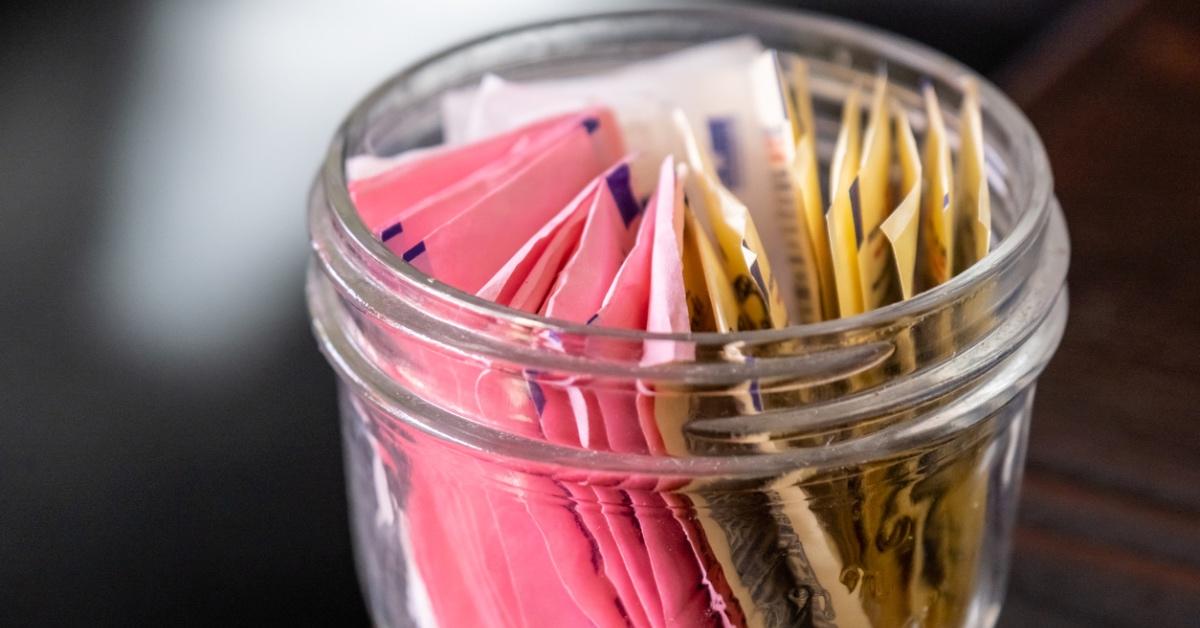
What are some diet sodas without aspartame?
There are a few diet sodas without aspartame. Diet Pepsi announced it would no longer use aspartame in 2020; however, as of July 2023, Diet Pepsi still contains aspartame.
Diet sodas without aspartame include:
- Hansen's diet sodas
- Coca-Cola Life
- Diet Coke with Splenda
- Zevia Zero Calorie sodas.
Should I avoid aspartame?
Dr. von Schwarz notes that Dr. Deidre Tobias, a nutritionist at Harvard University, told The Daily Mail that there may not be enough evidence that aspartame and other artificial sweeteners are not necessarily worse than regular sugar, since sugar has been linked to so many serious conditions, like obesity, heart disease, and strokes.
Additionally, "sugar is highly addictive, and not only a risk factor for cardiovascular diseases, but likely also for several chronic inflammatory conditions," Dr. von Schwarz tells Green Matters.
Overall, Dr. von Schwarz's advice regarding how to sweeten things up is to "avoid artificial sweeteners, and reduce sugar consumption in general, in combination with daily physical activities."
This article, originally published on June 30, 2023, at 10:38 a.m. ET, has been updated to reflect the Florida State University College of Medicine's findings.
